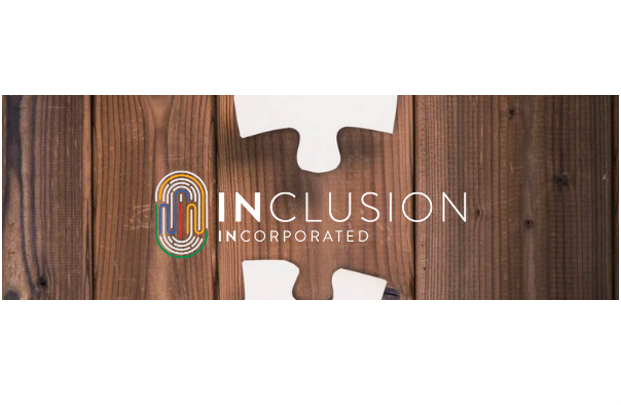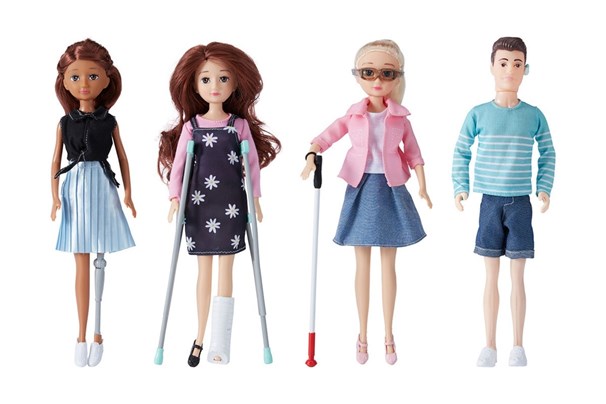Advancing Research In Supplier Diversity
Research is the key to change. With accurate data, we can present undeniable facts that serve as the basis for new perspectives and guidelines for decision-makers.
Although there isn’t much data in the field of supplier diversity, we’re working alongside our supplier council partners to change that. To bring you into the conversation, we’ve laid out a history of past research, its importance, and what we’re doing to move the needle.
A History of Research In The Field
In the United States, supplier diversity initiatives can be traced back to 1963: the year President John F. Kennedy introduced the Civil Rights Act. The bill paved the way for President Nixon’s Executive Order 11625, which established the Office of Minority Business Enterprise. With these historic actions, diverse suppliers received new opportunities within both the public and private sectors.
Canada’s entrance into the supplier diversity space came later. The Canadian Aboriginal and Diverse Supplier Council (CAMSC) was founded in 2004, with the priority of creating a diverse and inclusive supply chain. Over a decade later, CAMSC united with the Inclusive Workplace and Supply Council of Canada (IWSCC), the Canadian Gay and Lesbian Chamber of Commerce (CGLCC), and Women Business Enterprise Canada (WBE) to create Supplier Diversity Alliance Canada. This was one of the first collaborative steps to address inclusive procurement practices and policies on a national scale.
Today, local governments and private organizations have supported supplier diversity efforts. However, the federal government has taken less action than its local counterparts, and a lack of reliable and official data is part of the reason.
Why Is Research Important?
We need research to collect baseline data. First, this allows us to gain an understanding of the current conditions. Then, we can use that baseline data to conduct longitudinal studies and track progress against success metrics over time. Essentially, research is the first step in creating change.
For example, with more information about how many disabled or Veteran business owners are currently in Canada and what opportunities and obstacles they face, we will have a clearer idea of what initiatives can improve support for Veteran and disabled entrepreneurs and for supplier diversity across the country.
With this baseline, it’s possible to hone existing efforts, take the next steps in research, find solutions, and even present information to the government to enact change.
How It’s Done
Collecting and analyzing data about Supplier Diversity begins with choosing the best research method. Sending out a survey or questionnaire is an efficient way to reach many relevant participants, regardless of their location, and thus collects more accurate aggregate data.
Another common research method is conducting interviews remotely or in person. While this method might allow for freer communication and more detailed insights, it also requires more time and a dedicated research team.
Alternatively, focus groups are a popular method for collecting data. Typically, the researcher gathers participants in a room and asks them questions while also observing and taking notes on their behaviour. This method is best for those seeking a descriptive dataset. For a more general overview of a topic, using another method, such as a survey, is more suitable.
The bottom line is that established methods and best practices can be put to better use in exploring the topics of supplier diversity and inclusive procurement.
IWSCC’s Research Efforts
At IWSCC, we’ve prioritized supplier diversity research to provide valuable information to our members and enact positive change.
Project VENT
Project VENT – or Project Veteran Entrepreneur – is our landmark research study responding to the lack of current data about Veteran business owners in Canada. The study will include two parts:
1) An in-depth survey of Canadian Veterans who own, have owned, or strive to own a business. Questions will address military service details, business types, motivations, successes, barriers, locations, and more.
2) Using the survey results, we’ll create resources for Veteran business owners to help them address common barriers and make the most of valuable resources. We’ll also present actionable steps to corporations and the government for better supporting and including Veterans in their workforces, supply chains and the public.
The Project VENT survey will reach your inbox soon! Look out for a separate survey addressing disabled business owners in 2023.
Day on the Hill
In May, we’ll be joining our fellow certifying councils to participate in a “Day on the Hill” where we talk to government MPs and Ministers. Following up on meetings in the past year, we plan to continue lobbying for the inclusion of supplier diversity in government procurement policies.
We hope to use the insights from our conversations to inform future research project needs and create meaningful proposals for policy change.
Accessible Funding Research
The Canadian government passed The Accessible Canada Act in 2019, committing to creating a set of standards that address barriers to access for people with disabilities.
At IWSCC, we’re undertaking an 18-month long research project with our partners, Adaptability Canada, Carleton University and the Canadian Accessibility Network, to address one of the government’s 6 stated priority areas: Procurement (buying) of goods, services, and facilities.
The main focus of our research is to understand the barriers in the procurement process that affect disability owned businesses and people with disabilities, and impede their goals and successes. We plan to provide recommendations and insights that are incorporated into the new guidelines and policies used by all federally regulated employers. Ideally these changes will be adopted by corporate Canada to make the procurement process more accessible for all!
As a result, we hope more disability-owned businesses will win government contracts, private contracts, and the employment rate of people with disabilities will increase.
Change Starts Now
The barriers that Veteran business owners and persons with disabilities face inhibit their success as well as the success of public and private organizations. With data that underscores and informs this understanding, we can step up our efforts to create more inclusive Canadian supply chains.
In the words of Kurt Lewin, “No research without action, no action without research.”






